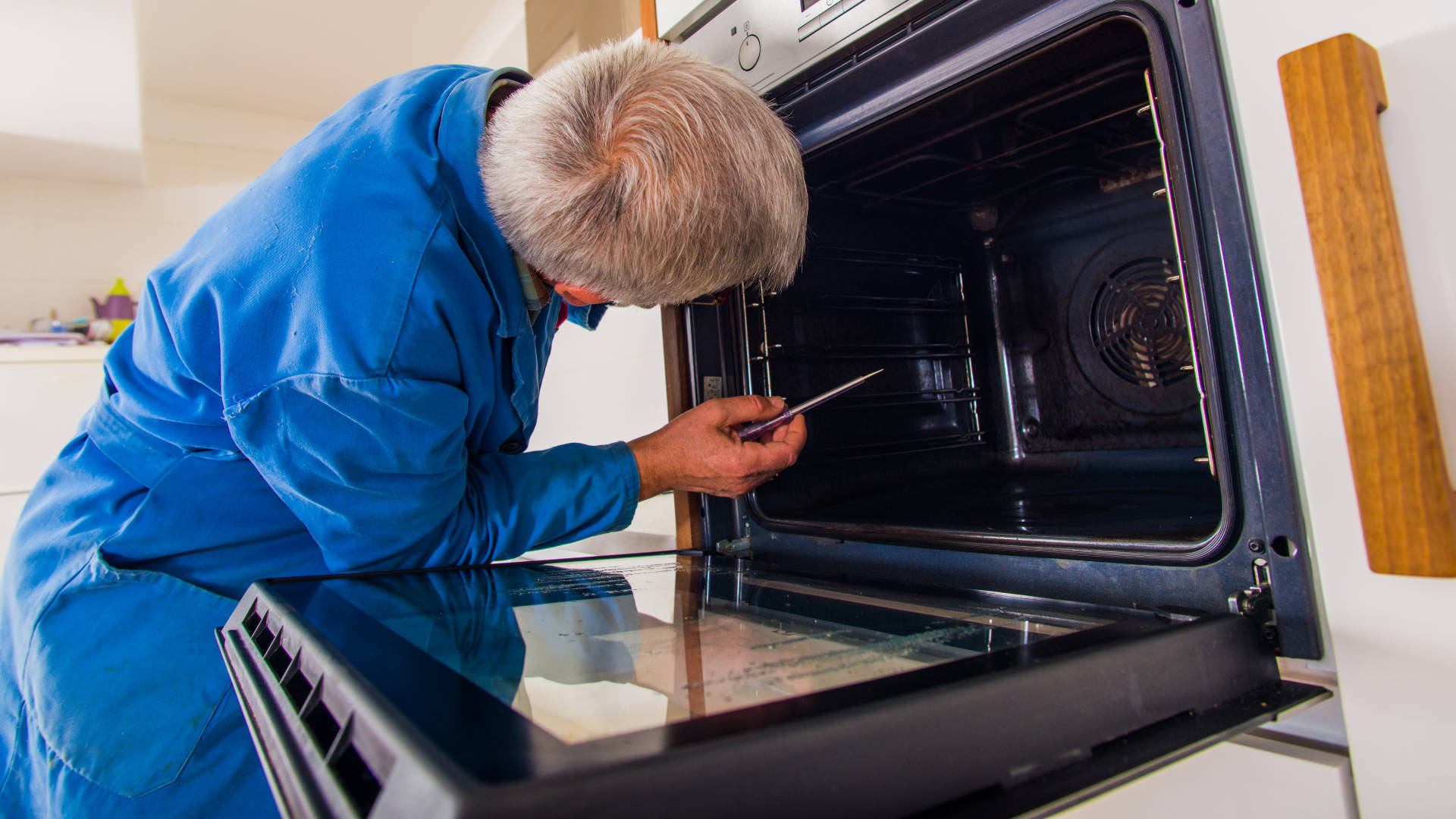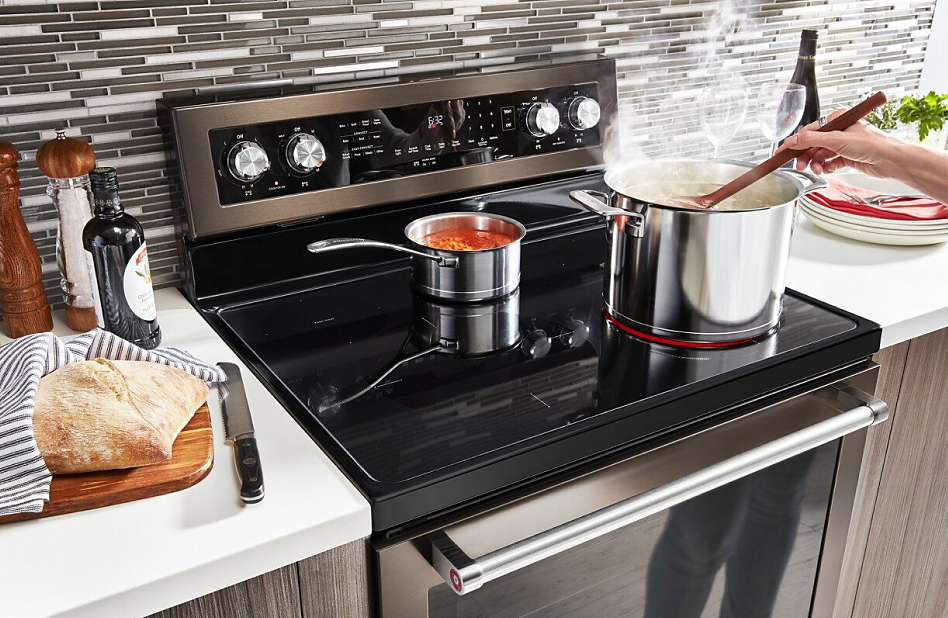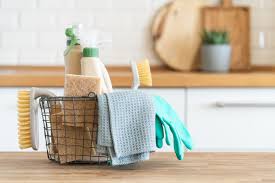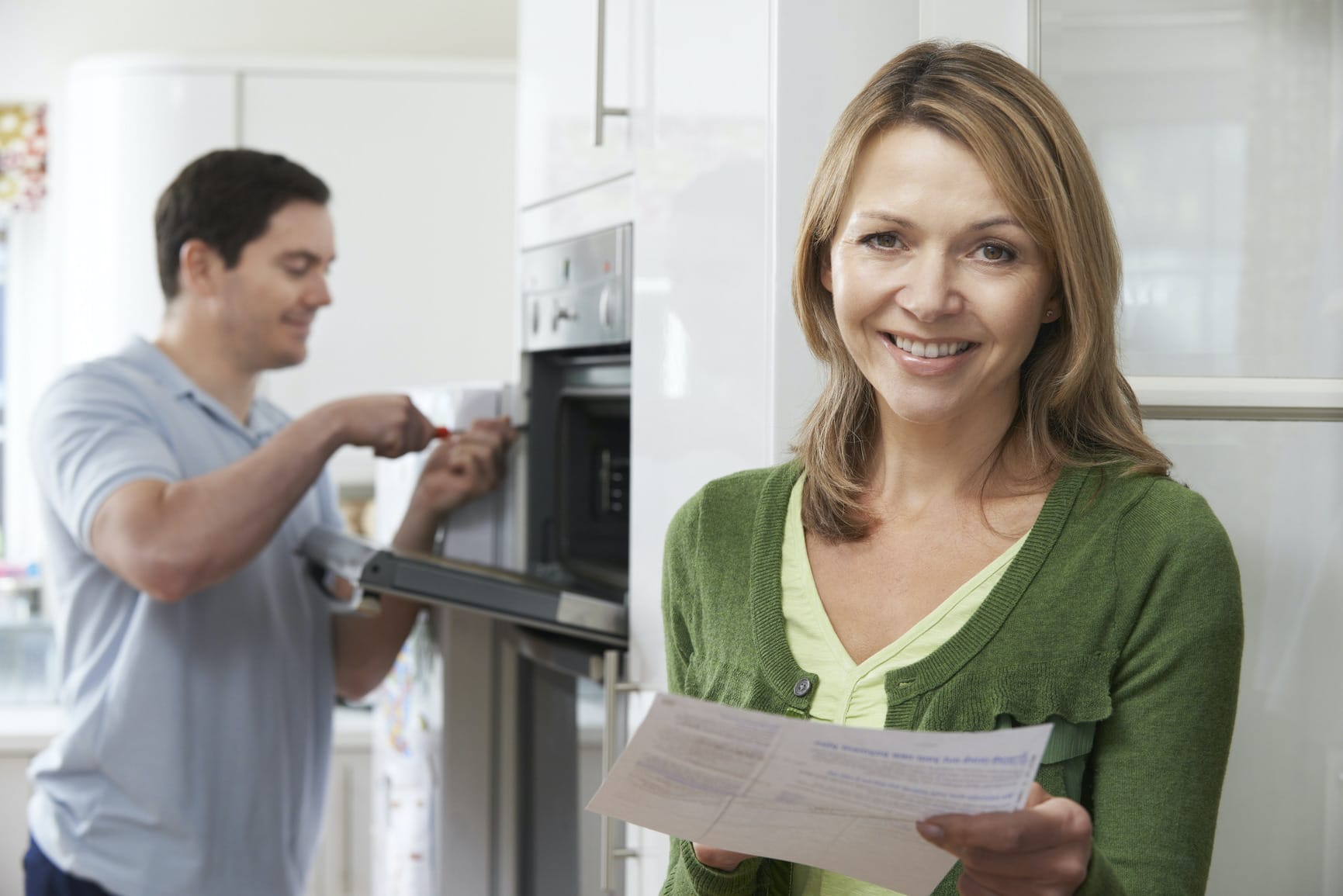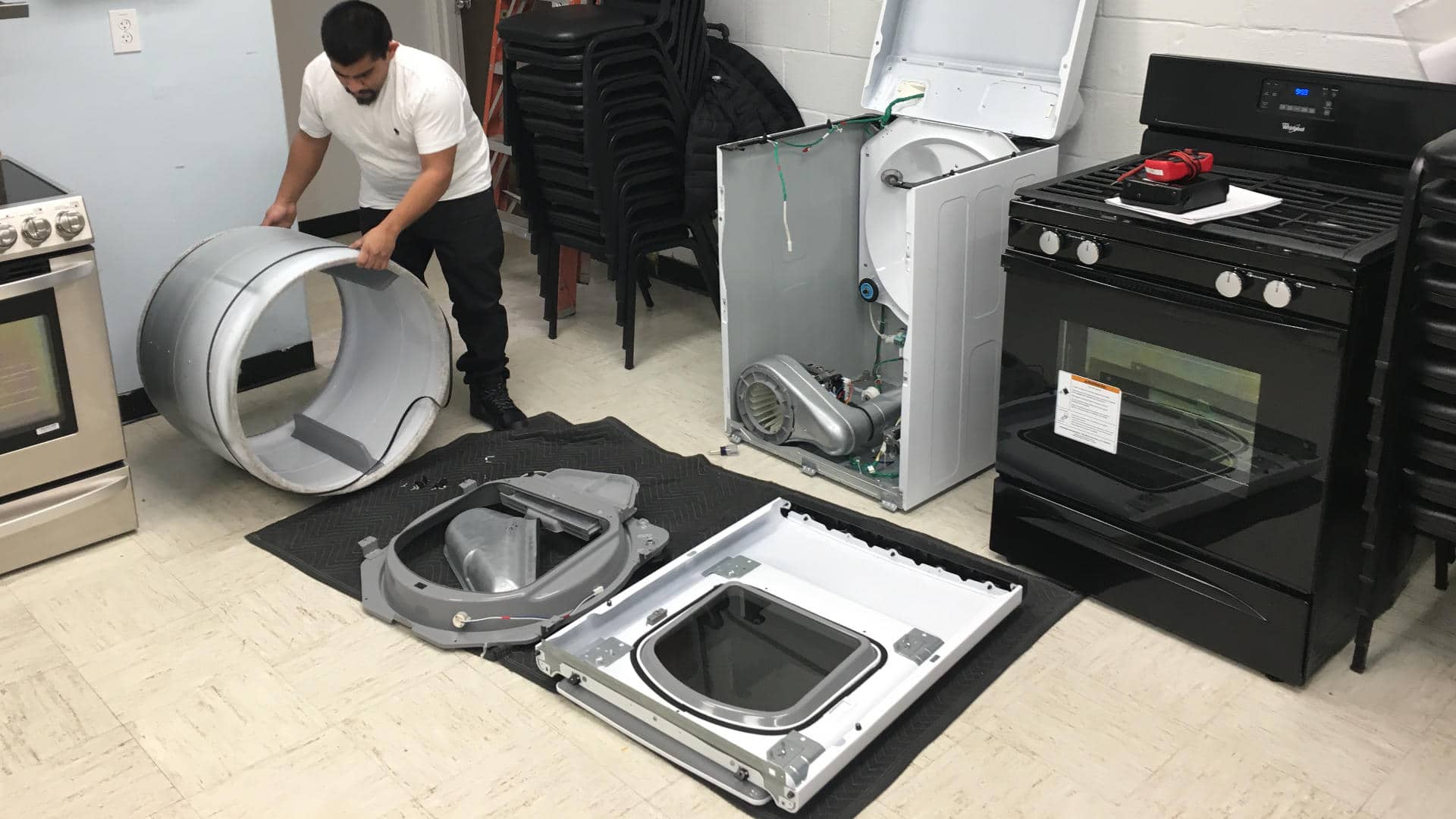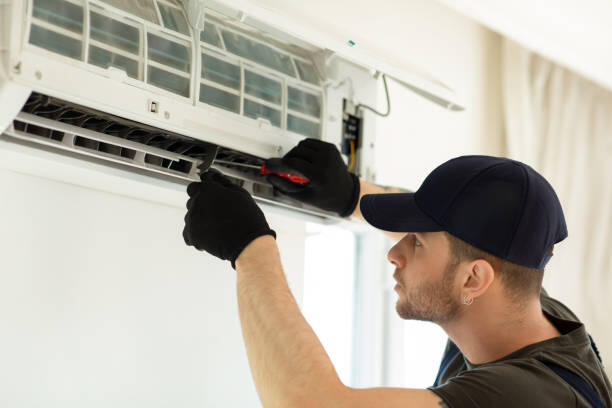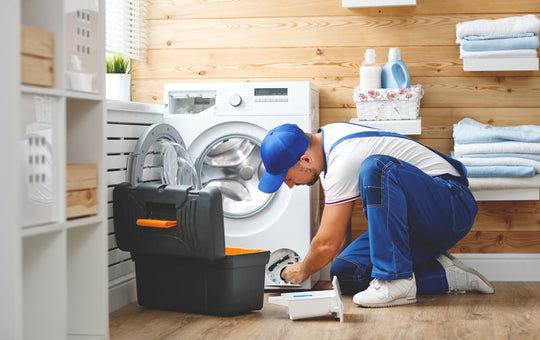The Ultimate Guide to Oven and Stove Maintenance
Maintaining your oven and stove is crucial for ensuring they operate efficiently and safely, prolonging their lifespan and saving on costly repairs. This guide will walk you through essential maintenance tips for both ovens and stoves, helping you to tackle everything from routine cleaning to more complex issues. Whether you have a gas or electric model, understanding how to care for your kitchen appliances can prevent common problems and ensure they remain in top condition. Join us as we explore effective strategies for oven and stove maintenance, aimed at enhancing your cooking experience and ensuring your kitchen remains a safe and efficient space.
Cleaning Tips for Ovens and Stoves
Maintaining the cleanliness of your oven and stove is more than just a matter of hygiene; it's crucial for their efficiency and safety. Regular cleaning prevents the build-up of grease and food residues that can cause fires and affect the taste of your food. Here’s how you can effectively clean your ovens and stoves:
- Daily Wipe-downs
- Deep Cleaning the Oven
- Cleaning Oven Racks and Stove Grates
- Tackling Stovetop Burners
- Managing Control Knobs
- Preventing Grease Build-up
Daily Wipe-downs. For everyday maintenance, wipe down the exterior and stovetop with a damp cloth after each use. This removes immediate spills and prevents residue from hardening, which can be more challenging to clean later. Use a mild detergent or a solution of vinegar and water for effective, non-abrasive cleaning.
Deep Cleaning the Oven. Set a schedule for deep cleaning your oven every three to six months. If your oven has a self-cleaning function, use it as per the manufacturer’s instructions. This function usually involves the oven heating up to very high temperatures to burn off residues. However, manually cleaning might be necessary for heavy build-ups. Create a paste of baking soda and water, coat the interior surfaces of the oven, avoiding the heating elements, and let it sit overnight. The next day, wipe away the paste with a damp cloth and spray a little vinegar to remove any soda residue, which will fizz and make it easy to wipe clean.
Cleaning Oven Racks and Stove Grates. Remove oven racks and stove grates and soak them in hot soapy water for at least two hours. For stubborn grime, add a cup of baking soda to the soaking solution. After soaking, use a non-abrasive scrub pad to remove leftover residues. Rinse thoroughly with water before placing them back.
Tackling Stovetop Burners. For gas stoves, remove the burner caps and heads and clean them with a degreaser or a mixture of vinegar and baking soda to effectively remove grime. For electric stoves, clean the coils carefully with a damp cloth and mild detergent, ensuring they are completely dry before reattaching.
Managing Control Knobs. Often overlooked, the control knobs also need regular cleaning to prevent the build-up of grease and dirt that can interfere with their operation. Pull them off gently and wash with warm, soapy water. Dry thoroughly before replacing them.
Preventing Grease Build-up. Use a stove guard or splatter screen while cooking to minimize grease splatter. Additionally, lining the bottom of the oven with a non-stick oven liner can catch drips and spills, making cleanup easier.
By following these detailed steps for cleaning your oven and stove, you can ensure they operate at peak performance, reduce the risk of malfunction, and extend the lifespan of your appliances. Regular cleaning not only contributes to the efficiency and safety of your kitchen but also makes the cooking process more enjoyable.
Preventing Common Problems
Preventing common problems in ovens and stoves involves regular maintenance and a proactive approach to appliance care. By addressing small issues before they escalate, you can ensure your kitchen appliances remain in optimal condition, offering reliable performance and extending their lifespan. Here are key strategies to help you prevent frequent issues associated with ovens and stoves:
- Regular Inspection
- Maintain Good Ventilation
- Calibrate Your Oven’s Thermostat
- Avoid Overloading the Oven
- Clean Spills Promptly
- Check and Replace Gas Lines
- Replace Worn Gaskets
- Use Appliances as Intended
Regular Inspection. Periodically inspect your oven and stove for any signs of wear or damage. Check for loose or frayed wires, damaged seals, or cracks in the cooking surface. Early detection of these issues can prevent them from becoming serious problems.
Maintain Good Ventilation. Proper ventilation is crucial, especially for gas stoves, to prevent the buildup of harmful gases like carbon monoxide. Ensure that your kitchen is equipped with a functioning range hood or exhaust fan. Regularly clean the ventilation filters to maintain good air flow.
Calibrate Your Oven’s Thermostat. If you notice inconsistent temperatures or if your cooking times are off, it may be time to calibrate your oven's thermostat. Use an oven thermometer to check the accuracy of your oven’s settings. If the readings are off, consult the manufacturer’s instructions on how to adjust the thermostat or consider calling a professional.
Avoid Overloading the Oven. Placing too much food in the oven or covering multiple racks can obstruct heat circulation, leading to uneven cooking and increased strain on the heating elements. Ensure there is enough space around dishes for heat to distribute evenly.
Clean Spills Promptly. Spills and boil-overs are common but should be cleaned promptly to prevent them from baking onto the surface, which makes them harder to remove and can cause smoke and unpleasant odors during cooking.
Check and Replace Gas Lines. For gas stoves, inspect the gas line and connections for leaks regularly. Use soapy water to check for bubbles along the line and at connections, which indicate a leak. Replace any worn or damaged gas lines immediately to prevent gas leaks.
Replace Worn Gaskets. The oven door gasket is essential for maintaining temperature control and efficiency. Over time, gaskets can wear out and lose their ability to seal properly, leading to heat loss and longer cooking times. Inspect the gasket periodically and replace it if it’s brittle, damaged, or has gaps.
Use Appliances as Intended. Follow the manufacturer’s guidelines for the proper use and care of your oven and stove. Avoid using the oven as a storage space for pans or other items, as this can pose a fire risk and contribute to mechanical failures.
By implementing these preventive measures, you can maintain the efficiency, safety, and longevity of your ovens and stoves. Regular attention and care not only prevent common problems but also ensure that your appliances continue to perform at their best, making every cooking experience enjoyable and hassle-free.
When to Seek Professional Help
Knowing when to seek professional help for your oven and stove maintenance can save you from further complications and ensure the safety and longevity of your appliances. While regular cleaning and minor troubleshooting can be managed at home, certain conditions necessitate the expertise of a professional. Here are the key scenarios where it's advisable to call in the experts:
- When You Smell Gas
- Persistent Faults Despite Troubleshooting
- Electrical Issues
- Faulty Digital Displays or Controls
- After a Power Surge
- Significant Performance Drop
- When Upgrading or Installing New Equipment
When You Smell Gas. If you ever smell gas when using a gas stove, or if you notice a gas smell coming from your oven, it's crucial to act immediately. Turn off the gas supply, do not light any matches or turn on any electrical switches, and call a professional right away. A gas leak can pose significant safety risks, including the potential for explosions.
Persistent Faults Despite Troubleshooting. If you've followed all standard troubleshooting steps for issues like uneven heating, failure to heat, or electrical problems, and the issue persists, professional intervention is necessary. Recurring problems can indicate underlying issues that require specialized knowledge and tools to diagnose and repair effectively.
Electrical Issues. Any problems related to the electrical system of your oven or stove, such as frequent tripping of circuit breakers, sparks, or visible wire damage, should be handled by a qualified technician. Electrical issues can pose fire hazards or result in further damage to the appliance if not addressed correctly.
Faulty Digital Displays or Controls. Modern ovens and stoves often feature digital controls and displays. If these components malfunction or stop working, troubleshooting can be complex and typically requires professional service to ensure proper handling and replacement.
After a Power Surge. If your home experiences a significant power surge and your oven or stove shows subsequent malfunctions or doesn’t operate, it's wise to have a professional check the appliance. Power surges can damage internal components, affecting their performance and safety.
Significant Performance Drop. If your oven or stove takes longer to heat up, fails to reach the desired temperature, or consumes more energy than usual, these symptoms could point to a serious efficiency issue. Professional technicians can check for insulation problems, malfunctioning elements, and other internal issues that might not be apparent to the untrained eye.
When Upgrading or Installing New Equipment. Whenever you're installing a new stove or oven or making significant upgrades, professional installation ensures that everything is set up correctly according to safety standards and manufacturer guidelines. This is especially important for gas ovens and stoves, where improper installation can lead to gas leaks or poor performance.
Seeking professional help in these situations not only ensures that your oven and stove are repaired and maintained correctly but also helps maintain your warranty and protects you by ensuring that all safety protocols are followed. Trusting an expert can extend the life of your appliances and give you peace of mind knowing that they are operating safely and efficiently.
Conclusion
Regular maintenance of your oven and stove is essential for optimal performance and longevity, but recognizing when to seek professional help is equally important. By adhering to the guidelines for cleaning, preventative care, and understanding the signs that necessitate expert intervention, you ensure the safety, efficiency, and reliability of your kitchen appliances. Always consider professional assistance for complex issues or when safety risks are apparent. Investing in professional services not only preserves the condition of your appliances but also enhances your overall cooking experience, making your kitchen a safe and enjoyable place for culinary creation.
